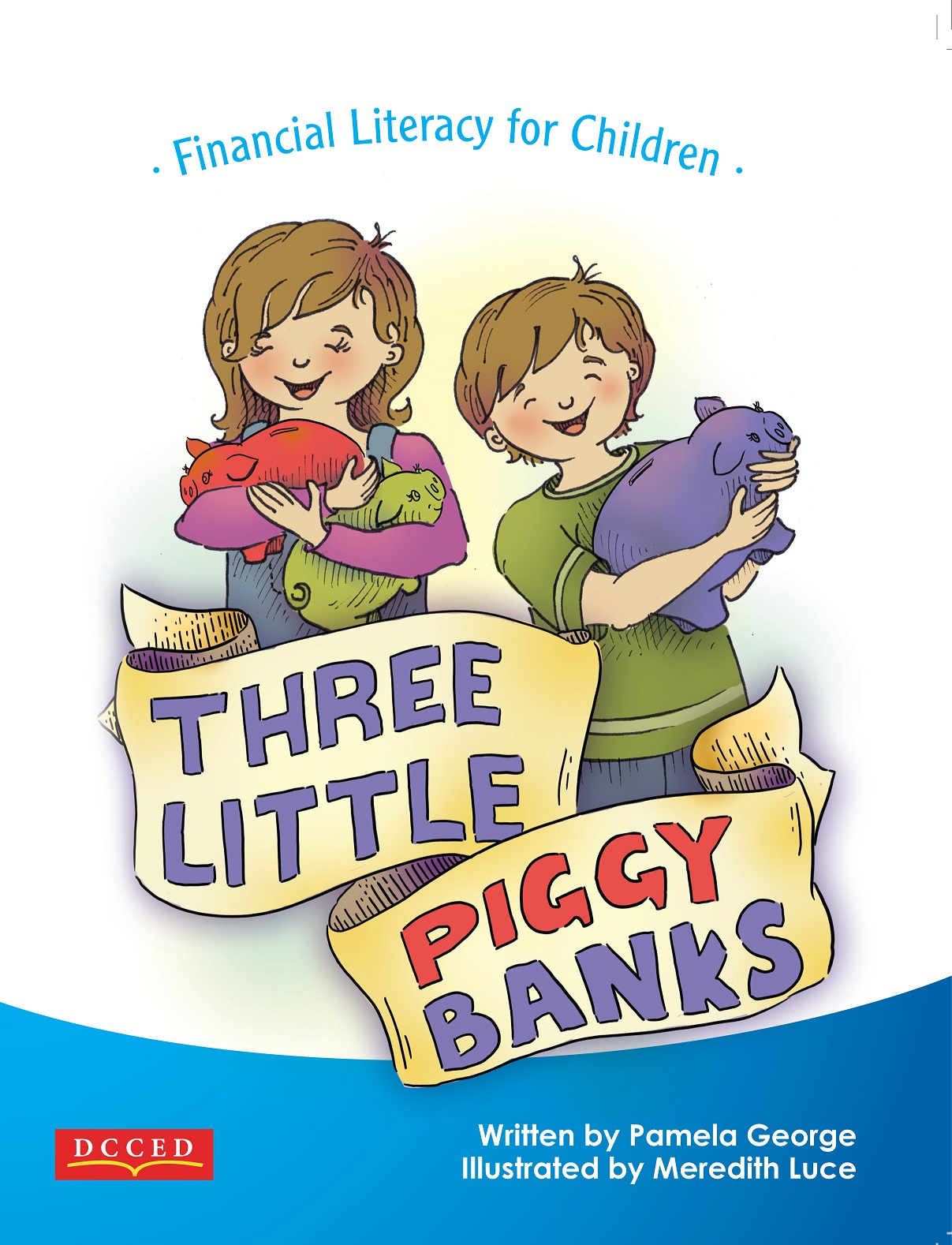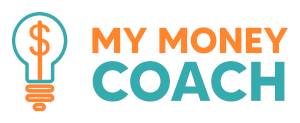5 Reasons Why I Wrote a Financial Literacy & Money Management Book for Children
 Financial literacy, also known as money management, has gotten a bad rap over the years; most people think of financial literacy as boring and complicated, and “budget” has become the dreaded “B” word. However, my opinion of financial literacy differs. I have found that when we are in control of our finances, it can feel very freeing.
Financial literacy, also known as money management, has gotten a bad rap over the years; most people think of financial literacy as boring and complicated, and “budget” has become the dreaded “B” word. However, my opinion of financial literacy differs. I have found that when we are in control of our finances, it can feel very freeing.
Whether you are ‘yea’ or ‘nay’ regarding financial literacy, I believe everyone would agree that we all need to learn how to manage our money. And if we start learning as children, it becomes a hard habit to break. I wrote Three Little Piggy Banks – Financial Literacy for Children, with this in mind.
Here are 5 reasons why I wrote a book to help educate children about managing their money:
1. Financial Literacy is Not Taught at Home
From my experience, most parents don’t feel confident enough about their knowledge and understanding of money to teach their children about money management. So, what do many parents do instead? They continue to stay silent and treat money as a taboo.
Parents may also be struggling with debt, juggling bills and living pay cheque to pay cheque. With such a heavy load to carry, they find it hard to find the time and energy to teach their children about money.
2. Financial Literacy is Not Taught in Schools
Financial literacy is NOT Math or Accounting and neither is it Investing. It is learning the skills and tools necessary to manage the money that you earn in order to live your best life, without the stress of money worries.
Money management at its very basic, starts with a budget. Budgeting should be taught in schools and not only from a numbers perspective. Yes, it is important that students understand what it means to have a balanced budget, but it is also crucially important that students understand what it is to live within their means and how their behaviour affects their budget.
3. Using Money Wisely is a Life Skill That Everyone Needs to Know
I believe that financial literacy is as basic a skill as cooking or cleaning up after one’s self. We teach children to clean up after themselves, how to feed themselves, how to take the bus, how to stand up for themselves. We also need to teach them how to manage their money.
Children who know how to manage five dollars, will grow up to be adults who know how to manage their fifty thousand-dollar income when they enter the workforce or start their own business.
4. I Wanted to Get the Message Out That Money is Not Only for Spending Now
Starting from a young age, we need to understand that while is it fun and necessary to spend money, it is not only for spending as soon as we earn it. We need to learn that we also need to save for a rainy day and for when we get sick or old and are unable to work. We also need to learn that we need to invest our money and plan for the future. Saving some of our money when we earn it means that we have money for spending later.
I also wanted to show children (and remind parents) that it is important to give back. Helping others who are less fortunate gives us a sense of fulfillment, compassion and meaning.
5. I Wanted to Show Children How to Break the Cycle of Financial Despair
In my role as Credit Counsellor, I saw how parents were affected by their money troubles. Troubles that were primarily as a result of lack of money management skills. I saw how this caused sickness, broken marriages and broken children. I saw first hand how this epidemic was passed on from generation to generation, perpetuating the cycle of relying on credit to make ends meet while living pay cheque to pay cheque.
Even if you don’t talk to your children about money, they pick up on how stressed and worried you are, learning what most parents and caregivers would prefer they don’t learn. I wanted to educate children about money so that they can grow up to be responsible and successful adults, who in the absence of financial worries will have the capacity to focus on their dreams and live life at their full potential.
Help to Develop Money Management Skills & Increase Your Level of Financial Literacy
There are countless Canadian adult resources available if you would like help to develop your own money management skills, increase your level of financial literacy, and help your children learn about money. Here are a few links to get you started:
- What is a Budget?
- Fill-in-the-Blank, Interactive Budget Spreadsheet
- Tips for Teaching Kids About Money
- Money Management Tips for Teens
- Easy-to-Use Teacher Resources & Lesson Plans in English and French
Pamela George is the author of Three Little Piggy Banks – Financial Literacy for Children. Pamela’s passion in life is to help people live their dreams by teaching them the tools and skills necessary to manage their hard-earned money. Contact Pamela through her Facebook page.



0 Comments